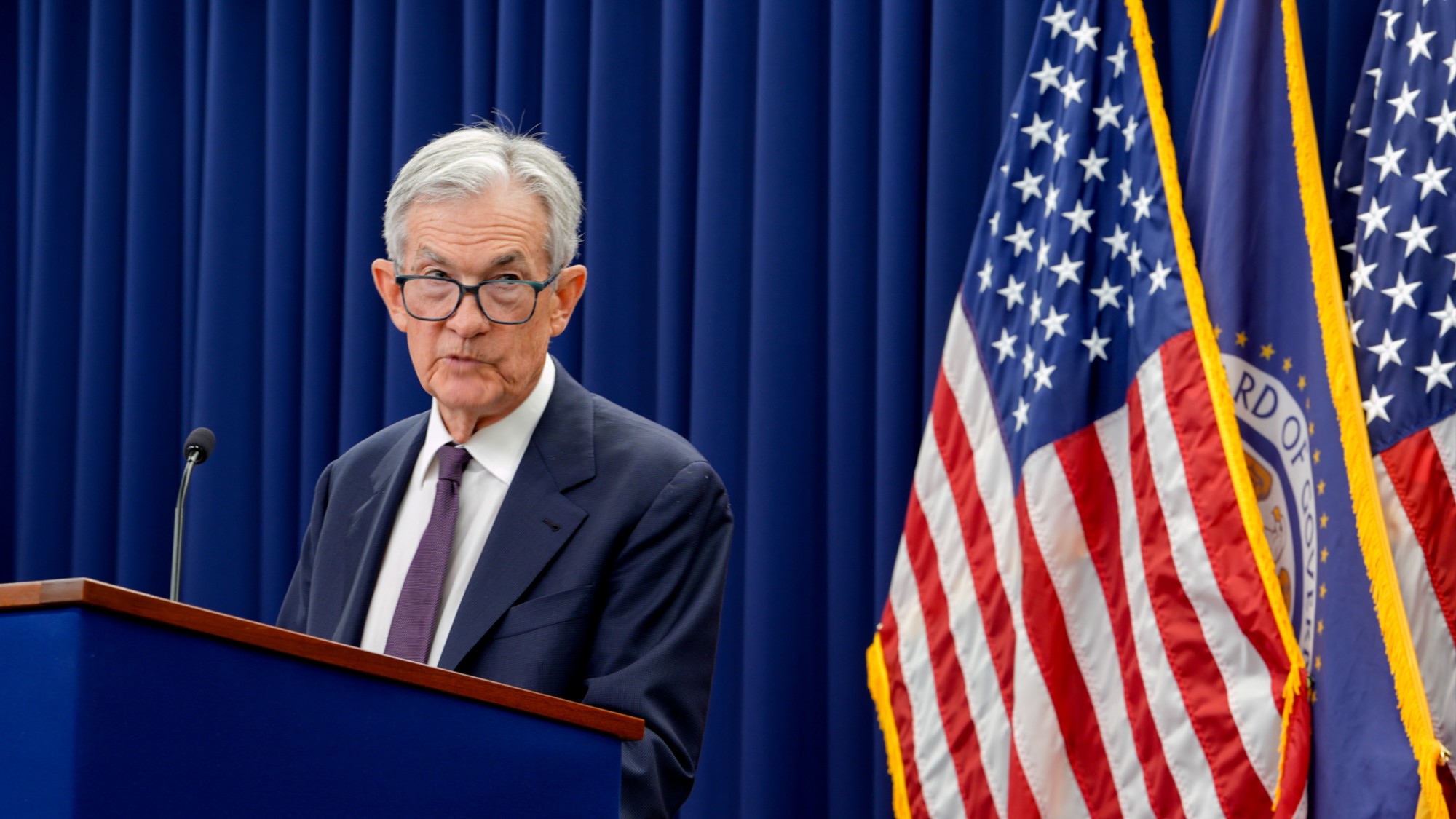How political campaign emails fan the flames of the misinformation fire


A free daily email with the biggest news stories of the day – and the best features from TheWeek.com
You are now subscribed
Your newsletter sign-up was successful
Facebook and Twitter might get all the flack, but a new investigation by The New York Times reveals how easily and relatively covertly misinformation circulates within politicians' campaign emails, one of "the most powerful communication tools" at their disposal and one much less monitored than other online correspondence.
Where possible, the Times signed up for the campaign lists of the 390 senators and representatives running for re-election and 2022, and analyzed over 2,500 emails "to track how widely false and misleading statements were being used to help fill political coffers." What they found was that "both parties delivered heaps of hyperbole in their emails," though Republicans were worse offenders than Democrats; GOP lawmakers included misinformation in about 15 percent of their messages, versus just 2 percent of Democrats. Furthermore, the Times reports, "multiple Republicans often spread the same unfounded claims, whereas Democrats rarely repeated one another's."
For example, at least eight Republican lawmakers sent fundraising emails inaccurately describing a potential settlement "with migrants separated from their families during the Trump administration." One lawmaker, Sen. John Kennedy (R-La.), even claimed President Biden was "giving every illegal immigrant that comes into our country $450,000."
The Week
Escape your echo chamber. Get the facts behind the news, plus analysis from multiple perspectives.

Sign up for The Week's Free Newsletters
From our morning news briefing to a weekly Good News Newsletter, get the best of The Week delivered directly to your inbox.
From our morning news briefing to a weekly Good News Newsletter, get the best of The Week delivered directly to your inbox.
On the Democratic side, false statements were mostly about abortion. In one instance, Rep. Carolyn Maloney (D-N.Y.) wrote in an email that the Mississippi abortion law currently before the Supreme Court is "nearly identical" to the one in Texas, though such a statement is inaccurate. A Maloney spokesperson said the error was a "honest mistake."
"It may be a fund-raising pitch, but very often people look at it as a campaign pitch," said Republican pollster Frank Luntz of distorted emails. "And so misleading them in an attempt to divide them from their money is pure evil, because you're taking advantage of people who just don't know the difference."
A free daily email with the biggest news stories of the day – and the best features from TheWeek.com
Brigid Kennedy worked at The Week from 2021 to 2023 as a staff writer, junior editor and then story editor, with an interest in U.S. politics, the economy and the music industry.
-
 Political cartoons for February 10
Political cartoons for February 10Cartoons Tuesday's political cartoons include halftime hate, the America First Games, and Cupid's woe
-
 Why is Prince William in Saudi Arabia?
Why is Prince William in Saudi Arabia?Today’s Big Question Government requested royal visit to boost trade and ties with Middle East powerhouse, but critics balk at kingdom’s human rights record
-
 Wuthering Heights: ‘wildly fun’ reinvention of the classic novel lacks depth
Wuthering Heights: ‘wildly fun’ reinvention of the classic novel lacks depthTalking Point Emerald Fennell splits the critics with her sizzling spin on Emily Brontë’s gothic tale
-
 Japan’s Takaichi cements power with snap election win
Japan’s Takaichi cements power with snap election winSpeed Read President Donald Trump congratulated the conservative prime minister
-
 Trump sues IRS for $10B over tax record leaks
Trump sues IRS for $10B over tax record leaksSpeed Read The president is claiming ‘reputational and financial harm’ from leaks of his tax information between 2018 and 2020
-
 Trump, Senate Democrats reach DHS funding deal
Trump, Senate Democrats reach DHS funding dealSpeed Read The deal will fund most of the government through September and the Department of Homeland Security for two weeks
-
 Fed holds rates steady, bucking Trump pressure
Fed holds rates steady, bucking Trump pressureSpeed Read The Federal Reserve voted to keep its benchmark interest rate unchanged
-
 Judge slams ICE violations amid growing backlash
Judge slams ICE violations amid growing backlashSpeed Read ‘ICE is not a law unto itself,’ said a federal judge after the agency violated at least 96 court orders
-
 Rep. Ilhan Omar attacked with unknown liquid
Rep. Ilhan Omar attacked with unknown liquidSpeed Read This ‘small agitator isn’t going to intimidate me from doing my work’
-
 Democrats pledge Noem impeachment if not fired
Democrats pledge Noem impeachment if not firedSpeed Read Trump is publicly defending the Homeland Security secretary
-
 The billionaires’ wealth tax: a catastrophe for California?
The billionaires’ wealth tax: a catastrophe for California?Talking Point Peter Thiel and Larry Page preparing to change state residency
